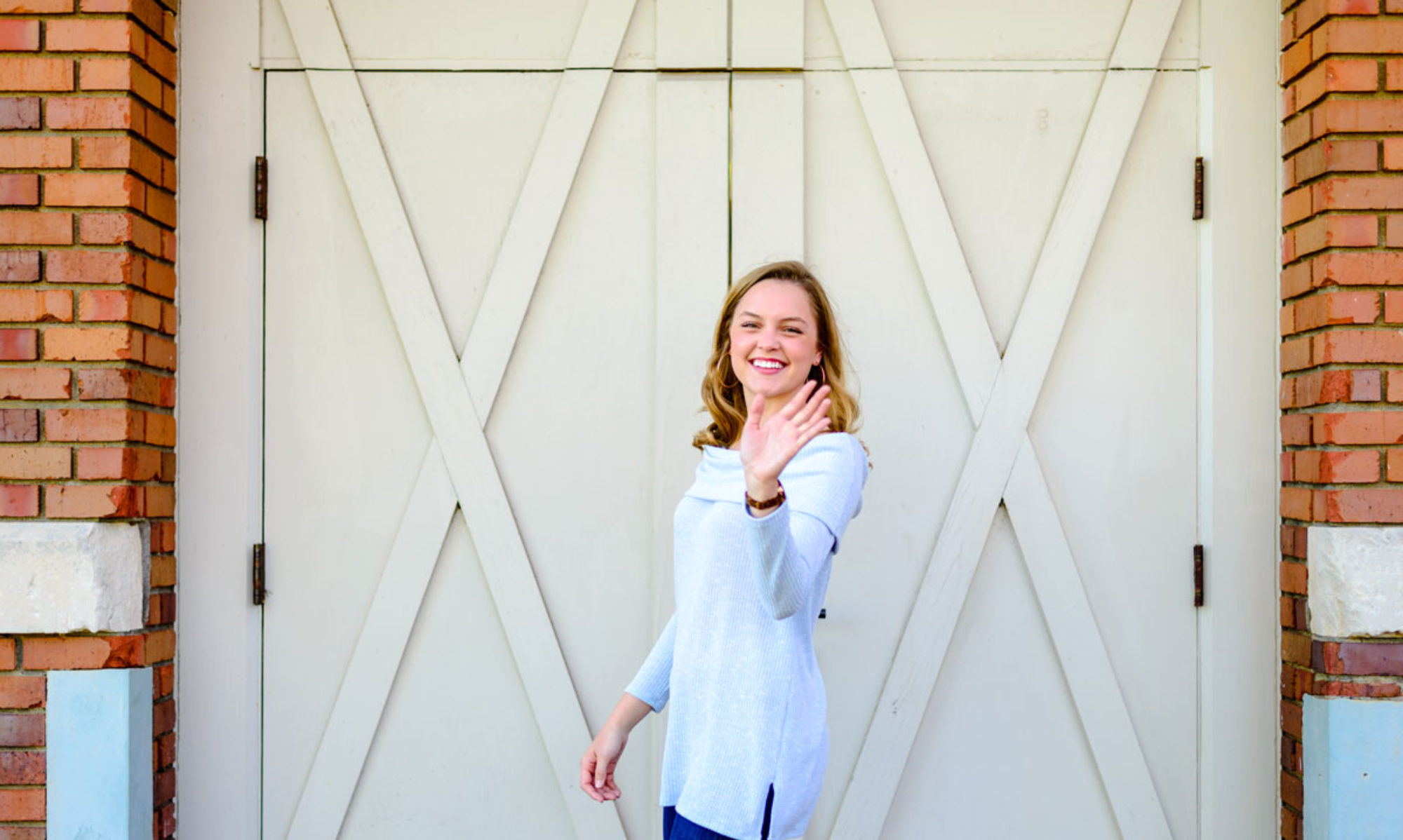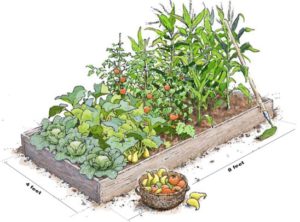I was talking to a friend today about how disheartening it was going to the polls this past November. Not knowing or caring how she voted, we both agreed that it was not in the least bit exciting. As soon as I walked into the polls, I just held my nose and voted. Not one name on the ballot (I thought) was worthy, but as a citizen of the United States, I care about voting (much more than the average person – too much).
In any office, whether federal, state or local, we need people who are going to move our country/government forward, not hold us back. Right now, it seems as though everything in Washington has come to a screeching halt due to established politicians’ petty bickering and lack of caring to compromise for the sake of our country. (And yes, maybe I am calling out the Republican senators regarding the health care bill).
We need people who have experience in both politics and outside of politics. We need people who are servants that care more about their constituents than their personal political agenda. We need good, genuine people to take office who know how to get work done. I truly believe that this upcoming generation, the end of the millennials, are advocating for these types of people.
I could see it during the recent SGA elections on a local university campus. The students elected are the students who have always cared for people even when running for office was just a thought. Their love for the university and their fellow students is unwavering, and they had experience in student government but also in other organizations on campus. They are kind, strong and down-to-earth leaders serving the university while keeping SGA moving forward.
People know who and what they want. This generation needs change. We want movement, and we want new people in Washington. All great things. While we see this great example on a university campus, that is just a small portion of America, and not everyone understands the importance of good government. I am afraid that it’s going to take a while to get there.
Think about this the next time you go to the polls, which for Alabama is August 12. Think about who on the list of people running for a certain position truly cares more about the citizens they will represent than their planned political agenda. Who is the most qualified? Who will actually pass a budget? Who will keep their promises? Who will actually build the wall? Who will keep us moving forward instead of holding us back? Who is genuine instead of just who is the most known?
Good luck.









